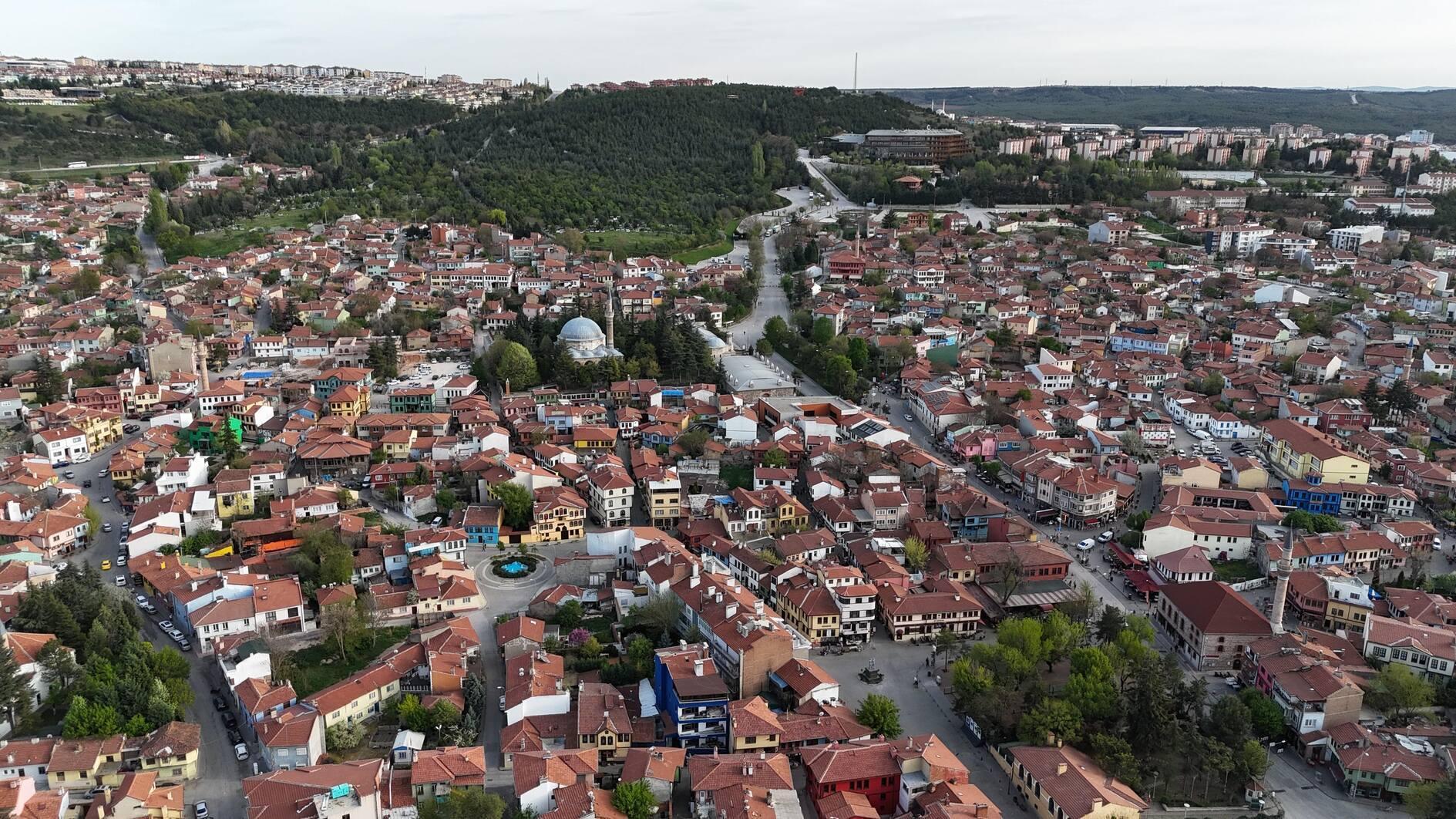The most serious tension between Turkey and Russia
The Russian Su-24 plane downed by Turkish F-16s on the morning of Nov. 24 near the Syrian border was the first Russian (or Soviet) war plane hit and downed by a NATO country since the organization was founded in 1949, after World War II.
Despite strong objection by Moscow, Ankara says the Russian jet (whose flag could not be identified at that time) was “intercepted” by Turkish jets after being warned “10 times in 5 minutes” before 9:24 a.m. local time. The Turkish military issued a map to the press showing the flight path of two Su-24 fighter-bombers entering Turkish air space after a statement by the Russian Defense Ministry revealed the downed plane was under the Russian flag (not Syrian, since Syria has Su-24s as well) and it did not violate Turkish air space; “We can prove that they did not,” the statement said.
Then the Turkish Foreign Ministry presented in writing their proof of a violation to the embassies of the five permanent members of the U.N. Security Council, including Russia, also calling NATO for an emergency meeting. Turkish Prime Minister Ahmet Davutoğlu said - after announcing his new cabinet - that every country has the right to defend its borders.
Russian Foreign Minister Sergei Lavrov cancelled his Nov. 25 trip to Turkey after consulting with Russian President Vladimir Putin, who accused Turkey of “stabbing Russia in the back.” Lavrov suggested Russians should not go to Turkey, which could affect the Turkish tourism sector badly. Yet Gazprom said they would continue to pump natural gas to Turkey, providing almost half of Turkey’s electricity production.
But tourism and energy are not the major worries for the time being. This is perhaps the first military engagement between Turkey and Russia since World War I. If Turkey were not a member of NATO, Russia would never allow this incident to go unanswered immediately at a time when Moscow has been flexing its muscles to show its return to the Middle East and the Mediterranean via Syria, where it has its only military base in the entire region. When Russia was firing cruise missiles from war ships on the Caspian Sea and from the Mediterranean via its giant bombardier, the Tu-160, during an 8,000-mile flight taking off from its northern bases to the positions of the Islamic State of Iraq and Levant (ISIL) in Syria, the shooting down of its war plane in support of the Bashar al-Assad regime is like a scar in the face.
Turkish sources point out they had warned Russian numerous times regarding border violations of Russian war planes since the beginning of the Russian air force’s operations from their bases in Syria on Sept. 30, with the latest warning coming on Nov. 21. Saturday night, during a telephone call to Lavrov, Turkish Foreign Minister Feridun Sinirlioğlu said attacks on Syrian Turkmens were causing border violations and could cause another wave of migration from Syria into Turkey. Also on Nov. 21, Sinirlioğlu had called U.S. Secretary of State John Kerry on the same matter. Ankara takes the incident as proof Russian jets were not only hitting ISIL targets but more the opponents of al-Assad, like the Turkmen militia; the Su-24s were downed as they were flying over the zone where the rebel Turkmens were under attack.
The stance of U.S. President Barack Obama will be of high importance regarding the next stages of the most serious tension between Turkey and Russia in years. Turkey and U.S. were in the planning stages of a joint air operation against ISIL in Syria and Iraq, with the possibility of the involvement of combined joint special forces operations. The U.S. had come to terms with Russia over informing each other of flights in Syrian air space before this incident. Now, with Russian planes and cruise missiles flying around, the entire Syria crisis outlook might have changed.











